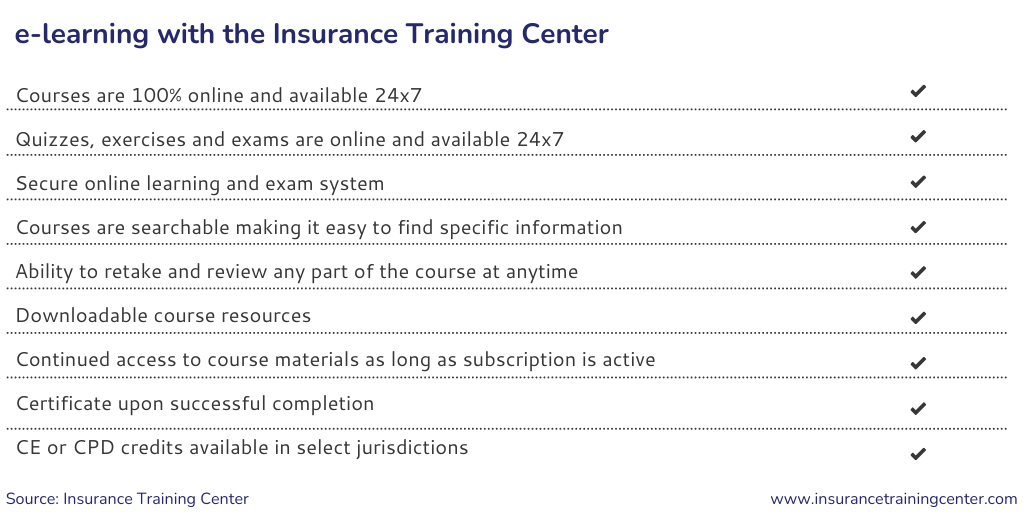What is e-learning?
What is e-learning? The ‘e’ in front of the word ‘learning’ stands for ‘electronic’. In practical terms, adding ‘electronic’ to ‘learning’ means that the education, or learning, is delivered to the student through electronic means, i.e. through a computer.
e-learning examples
Here are a few examples of what that might look like:
- watching a YouTube video of a lecture
- watching a livestream of a lecture or a webcast
- watching a webinar in real time or a recording
- participating in a live seminar via video conference
- taking a self-paced online course
Let’s take a closer look at these examples.
Each requires that the student have access to a computer – such as a laptop, a tablet or a smartphone – and Internet access. Anything that is ‘live stream’ or ‘real time’ happens at a set time. This can pose a challenge if the student’s personal or work schedule does not fit with the scheduled course time. It also means that any interruption during the session, such as an urgent work call, results in missed learning.
With e-learning, students commonly do not need to purchase a textbook. In fact, for most e-learning sessions or courses, there is no textbook available. Rather, the e-learning is designed so that students will find all the information they need within the session or course itself.
Finally, because e-learning is delivered via computer there is no need for students to travel to a specific location in order to benefit. They can complete their studies from their desk at work, from home, or from anywhere else, as long as they have Internet access. This can present a huge cost and time savings for both student and employer.
What is an online course?
Now let’s take a closer look at a specific type of e-learning, the online course. An online course is a structured e-learning program. Just like an ‘in person’ course which commonly consists of multiple classes or sessions on related topics, an online course includes multiple related learning units such as videos or interactive online exercises.
Online courses are commonly designed for self-study. One of the benefits of a self-study online course is the ability to make it a personalized learning experience. The student can have full control of their learning environment and experience.
Online Insurance Courses at the Insurance Training Center
The Insurance Training Center provides online insurance courses on professional and management liability insurance topics as well as on related subjects such as Understanding Financial Statements and using MS Excel. Our online courses are designed specifically to meet the needs of insurance professionals, such as insurance brokers and underwriters, and insurance buyers.
What does an ITC online insurance course look like?
At the Insurance Training Center (ITC), online courses include sets of short videos on related topics as well as interactive exercises and a final examination. The learning units are organized so that the information in each unit builds on the information in the previous one, much like you’d find in an ‘in person’ course. Students can work through the course in its set order but, unlike with an ‘in person’ course, they are also welcome to view the videos in whatever order they choose. Perhaps they are curious about a specific topic and wish to view that video first. Or they have an immediate need for information so they can respond to a customer query. No problem – ITC courses are structured to give students that flexibility.
Online insurance learning with ITC gives students a high degree of control over their learning environment. Here’s another example – the technology that ITC uses allows students to adjust video playback speed to fit their comfort level. If they find it moves too slow or fast, just speed it up or slow it down. There’s also a search function within the course making it simple to find specific information when you need it. This reminds me, if you’re concerned that having no textbook means there is no ongoing reference to fall back on, have no fear, ITC students have continued access to all the course materials as long as their subscription remains.
With ITC courses there is:
- No need to buy a textbook
- No need to travel for classes
- No need to attend a proctored (in person) examination
Of course, the best way to learn how an online insurance course works is to experience it firsthand. ITC offers free access to sample lessons so you can do just that.



